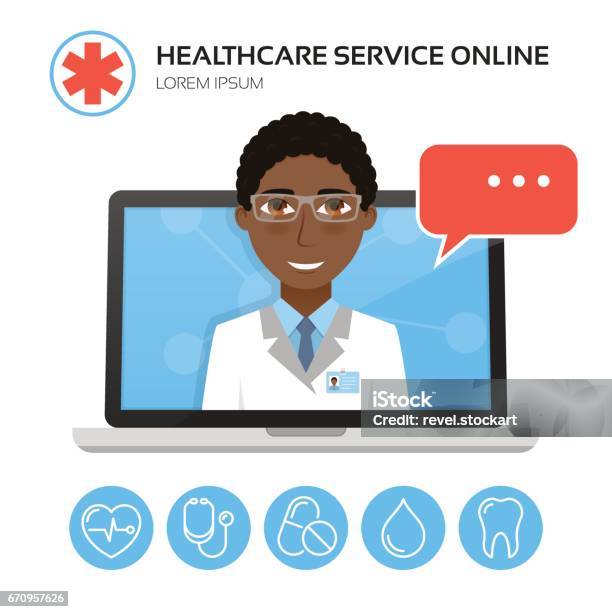Exploring the Growth of Subscription Based Healthcare in the Digital Age
Exploring the Growth of Subscription Based Healthcare in the Digital Age
Blog Article
Recognizing the Cost-Effectiveness of Subscription-Based Healthcare Designs
As the medical care landscape develops, subscription-based designs arise as a compelling option, assuring to redefine how individuals handle clinical expenses. Assessing these designs' cost-effectiveness demands a nuanced comparison with conventional insurance coverage, taking into consideration both financial ramifications and individual contentment. While they offer transparency and predictability in expenses, concerns continue to be concerning their ability to meet diverse health care requirements, specifically for specialized therapies. The viewpoints of doctor additionally complicate this formula, providing a complex obstacle. What does the future hold for these versions, and can they absolutely supply on their assurance of accessible, budget-friendly treatment?
Summary of Subscription-Based Models
Subscription-based healthcare versions, in some cases referred to as direct health care or concierge medicine, are significantly getting attention as a potential remedy to ineffectiveness within conventional healthcare systems. These versions operate the concept of offering individuals direct accessibility to doctor through a yearly or regular monthly fee, bypassing the demand for standard insurance coverage devices. This plan aims to enhance patient-provider interactions by lowering administrative worries, which commonly hinder tailored and timely treatment.
At the core of subscription-based models is the focus on a more individualized patient experience. Individuals gain from improved accessibility to their doctors, usually including next-day or same-day appointments, prolonged appointment times, and direct interaction networks such as phone or video phone calls. This version fosters a positive strategy to healthcare, where companies and people can collaboratively concentrate on preventative care and chronic condition monitoring.

Expense Comparison With Standard Insurance Policy

One of the main financial benefits of registration designs is transparency in prices. Alternatively, conventional insurance might be a lot more beneficial for individuals calling for specialized care or expensive therapies not covered under a subscription version, as they profit from the broader insurance coverage network and cost-sharing systems.
However, cost-effectiveness is context-dependent. While registration models could offer financial savings for those mainly requiring health care, people with chronic problems or specialized healthcare requirements could find standard insurance a lot more comprehensive. Evaluating particular health care needs and potential usage is vital in establishing the most affordable choice for people.
Effect On Patient Complete Satisfaction
Individual contentment within subscription-based health care versions usually reflects a significant enhancement over standard insurance policy systems. This improvement is largely credited to the individualized treatment and accessibility these models provide. People frequently report greater satisfaction due to reduced wait times and the convenience of organizing consultations. Unlike typical systems, where people could experience hold-ups in getting care, subscription-based models ensure even more straight and prompt communications with doctor.
Additionally, i thought about this the transparency in prices related to subscription-based healthcare alleviates the typical disappointments associated with unanticipated fees and intricate invoicing processes seen in typical insurance (subscription based healthcare). Clients value recognizing the precise financial commitment upfront, causing boosted depend on and confidence in their medical care management
In addition, the emphasis on preventative care and wellness in registration models adds to improved health and wellness outcomes, even more boosting client contentment. By concentrating on continuous wellness maintenance instead of anecdotal treatment, clients experience an even more constant and all natural healthcare journey.
Moreover, the boosted provider-patient relationship promoted in these versions, identified by more time invested per person and customized interest, plays a crucial function in raising person satisfaction levels, as individuals really feel truly cared for and understood.
Company Viewpoints and Experiences
From the provider's viewpoint, subscription-based health care designs use a transformative technique to supplying clinical solutions. These designs highlight a preventative and aggressive medical care method, permitting carriers to concentrate on thorough person treatment without the restraints of standard fee-for-service plans (subscription based healthcare). This shift in focus frequently results in improved person end results and raised supplier fulfillment, as health care experts can allocate even more time and sources to individual engagement and personalized treatment Bonuses plans
Furthermore, subscription versions assist in predictable revenue streams, which boost monetary stability for doctor. This predictability permits boosted source preparation and allotment, contributing to an extra efficient medical care shipment system. Service providers can purchase personnel framework, training, and innovation renovations, consequently enhancing the high quality of treatment provided.
Nonetheless, the shift to subscription-based versions is not without challenges. Carriers should adjust to new operational structures, which can involve considerable adjustments in billing methods and patient administration systems. In addition, there is an inherent requirement for durable data management to track individual end results and guarantee high quality treatment. Despite these obstacles, lots of providers find that the advantages of raised patient interaction and streamlined procedures outweigh the first obstacles, making subscription-based designs an eye-catching choice.
Future Prospects and Challenges

A key difficulty is regulatory conformity, as membership models have to adhere to evolving medical care policies and insurance needs. This requires continual adaptation and innovation to make certain positioning with lawful requirements. In addition, integrating these versions into existing healthcare facilities can be complex, needing significant financial investments in technology and training.
There is likewise the potential danger of developing inequities in medical care access, as membership models may prefer those who can afford them, leaving at risk populations underserved. Resolving this requires thoughtful factor to consider of pricing methods and aid mechanisms to make sure inclusivity.
Verdict
Subscription-based medical care versions offer a sensible choice to typical insurance by offering financial predictability and openness, specifically profiting people with chronic conditions or frequent healthcare needs. The cost-effectiveness of these versions is contingent upon specific medical care use patterns and situations.
Subscription-based health care models, sometimes referred to as straight key treatment or concierge medication, are significantly getting attention as a prospective service to ineffectiveness within conventional healthcare systems. Unlike traditional systems, where people may experience delays in receiving treatment, subscription-based designs guarantee even more prompt and straight interactions with medical care carriers.
These versions highlight a proactive and preventative health care strategy, permitting companies to focus see it here on thorough client treatment without the restrictions of traditional fee-for-service setups. As these models proceed to acquire grip, they use the potential to reinvent patient accessibility to care, streamline solution delivery, and enhance healthcare costs.Subscription-based healthcare designs offer a practical choice to conventional insurance policy by providing economic predictability and transparency, especially profiting individuals with chronic problems or frequent health care demands.
Report this page